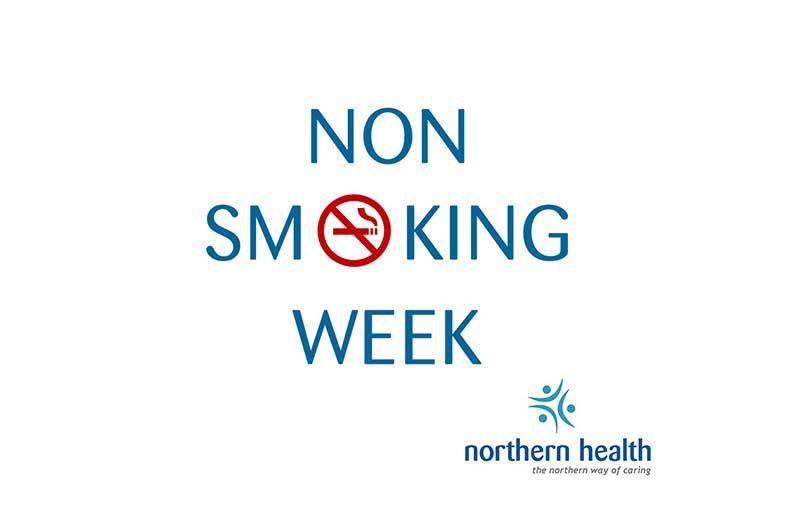National Non-Smoking Week is now under way and continues until Saturday, January 22, 2022. This week aims to provide education to help prevent youth and young adults from starting to use tobacco products, while also helping existing tobacco consumers to quit or limit their intake, thus helping protect everyone from the dangers of second- and third-hand smoke.
Established in 1977 by the Canadian Council for Tobacco Control, National Non-Smoking Week takes place the third week of January each year; Canadians have been part of this event for several decades. Whether it’s tobacco, vaping, or cannabis, quitting is one of the best ways to improve your overall health.
Some facts about commercial tobacco use:
- Tobacco continues to be the number one cause of preventable disease and death in Canada.
- Tobacco use kills an estimated 48,000 Canadians each year.
- Approximately 15 per cent of Canadians currently smoke.
- Second-hand smoke is a mix of smoke from a burning cigarette, pipe, or cigar, plus the smoke exhaled by the person smoking.
- Children exposed to second-hand smoke are at increased risk of breathing problems.
It’s a good time to quit or limit your intake
Nicotine and cannabis are both tough addictions to quit, but worth the effort because smoke and vapour from both substances can contribute to long-term health risks and negative health impacts. For those who smoke or vape with frequent hand-to-mouth contact and share their products in social settings, there’s also an increased risk of catching COVID-19.
If you or someone you know is interested in quitting or cutting down on smoking or vapour use, encourage them to talk to their primary care provider (doctor or nurse practitioner). The following resources might also be helpful:
- QuitNow offers free information, support, and counseling from trained professionals by phone, text, or email.
- The BC Smoking Cessation Program offers everyone in BC 12 weeks of free nicotine replacement therapy (gum, patch, inhaler and lozenges) per calendar year through their local pharmacy.
- Here to Help: Tips for Cutting Back offers information and support on changing current cannabis use.
- The First Nations Health Authority benefits program offers supplementary coverage for nicotine replacement therapy.
In this post, as in most public health messages, “tobacco use” refers to the use of commercial tobacco products such as cigarettes and chewing tobacco, as opposed to traditional uses of tobacco.














Comments